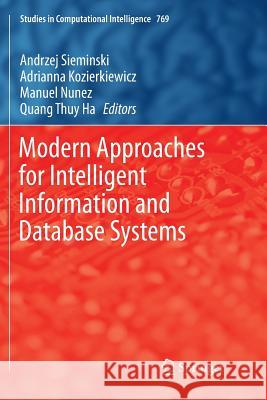Modern Approaches for Intelligent Information and Database Systems » książka
topmenu
Modern Approaches for Intelligent Information and Database Systems
ISBN-13: 9783030093983 / Angielski / Miękka / 2019 / 541 str.
Kategorie:
Kategorie BISAC:
Wydawca:
Springer
Seria wydawnicza:
Język:
Angielski
ISBN-13:
9783030093983
Rok wydania:
2019
Wydanie:
Softcover Repri
Ilość stron:
541
Waga:
0.77 kg
Wymiary:
23.39 x 15.6 x 2.9
Oprawa:
Miękka
Wolumenów:
01
Dodatkowe informacje:
Wydanie ilustrowane











